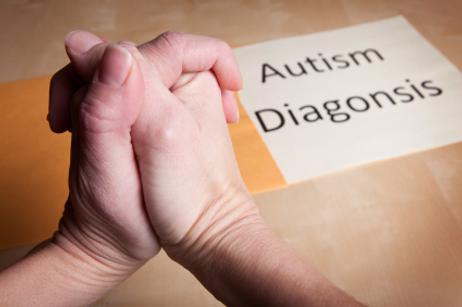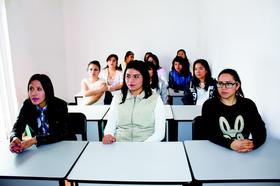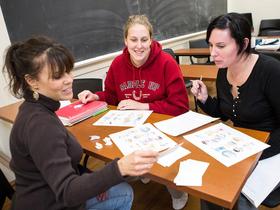Learning disabilities like dyslexia or ADHD plague a student throughout their academic career. Many who struggle with disabilities in secondary schools don't even consider college a possibility.
The good news is that many community colleges are making it easier for students with learning disabilities to pursue higher education by offering transition and support programs that promote success. Be inspired by the ways community colleges are helping LD students, as well as tips for finding and planning for college, no matter what your learning disabilities might be.
Project Access
Students with learning disabilities often find the transition between high school and college difficult. High school environments that are typically nurturing and supportive for LD students do not always provide preparation to help students take their educational needs into their own hands when heading off to college.
This video illustrates how the Project Access Summer Institute operates.
Thankfully, the Project Access Summer Institute is designed for just that purpose: to show students with learning disabilities how to move from a high school environment to one that requires them to take a greater role in meeting their own educational needs.
Project Access offers a month-long program that teaches college-bound students how to advocate for themselves to get the much-needed time, tutoring, and additional services they need.
According to a recent report on USA Today, programs like Project Access have increased tenfold in recent years as more



















